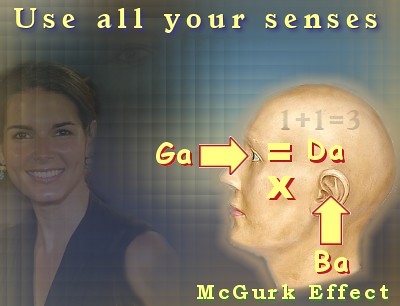Sometimes you find yourself in a situation when you feel that something is wrong. However, before you're able to think what kind of situation you are getting in, you realize it's already too late: you're on the fish cart.
This experience is called "Fish Cart Experience", translated from the unofficial Dutch word "Viskarervaring".

The expression was introduced by a Dutch psychologist called Han Fortmann (1912-1970) and remained vivid by one of the best Dutch organization consultants, Kees Swarttouw, who unfortunately died on May 13, 2008.
The Fish Cart Experience (FCE) happens when we unconsciously act like other people, are uncritical and unaware of what is happening around us.
When we follow an idea or leader without critical thinking, we often end up on the fish cart.
In these situations we are acting just like a school of fish, concentrating on each other, instead of being critical and foreseeing the (changing) circumstances.
Ending up on the fish cart, is so to say the price we have to pay for unconscious behavior.
To prevent the FCE, the key words are "positive critical thinking".
There are ten types of critical thinking skills (Hay) identified:
- Distinguishing between facts and opinions
- Distinguishing relevant information or claims from irrelevant information or claims
- Understanding the factual basis for statements
- Understanding if a source is credible
- Identifying arguments or claims that are ambiguous
- Identifying hidden assumptions
- Identifying bias
- Detecting fallacies in decision making and judgment
- Understanding logical inconsistencies
- Understanding the strength of an argument or claim

